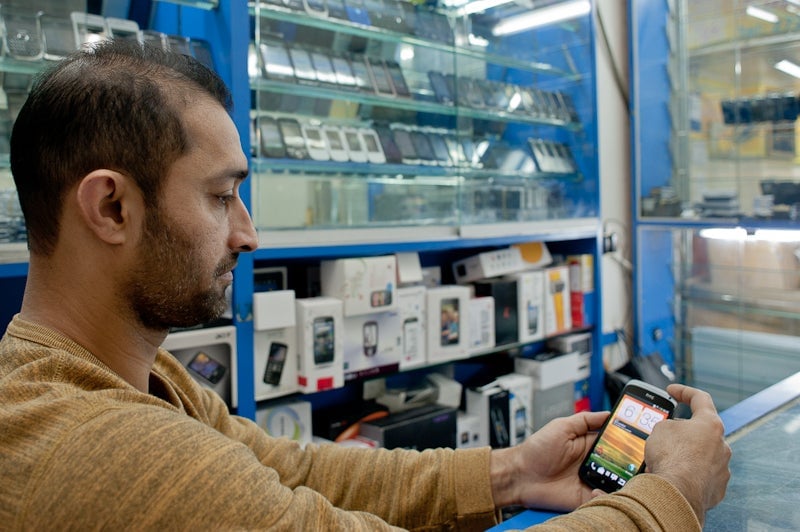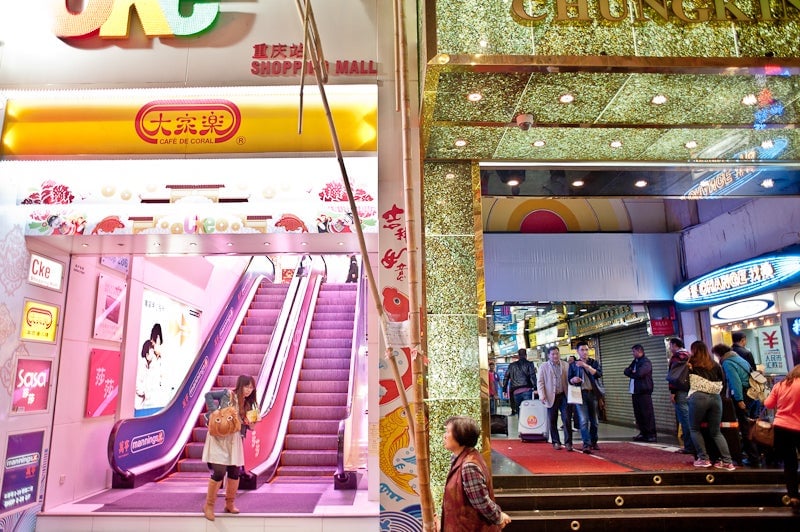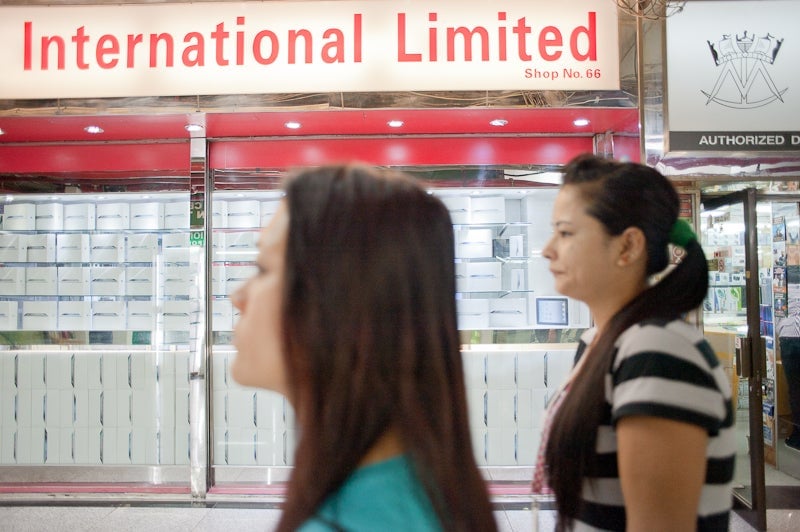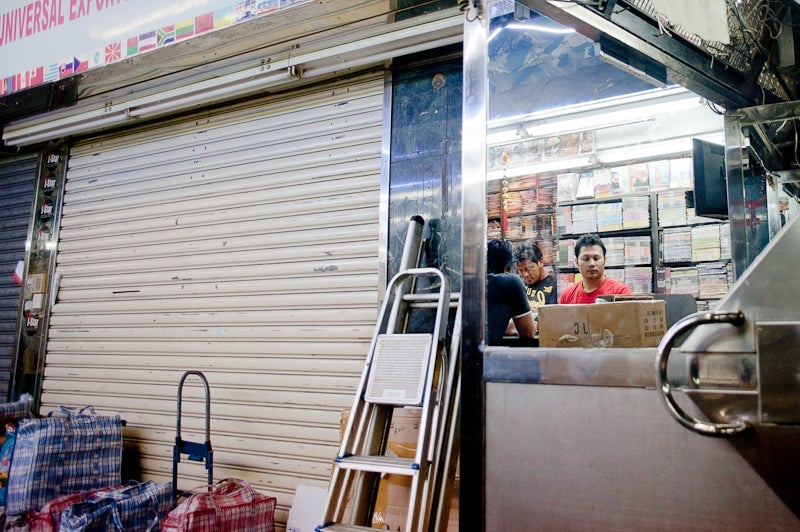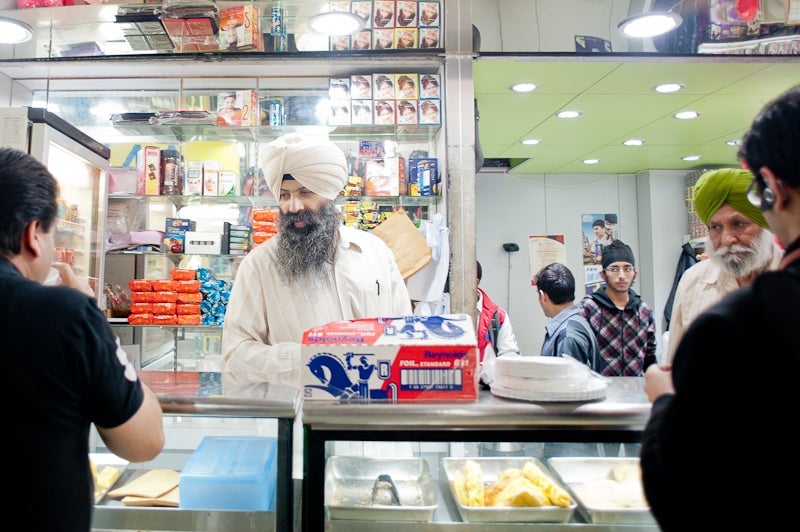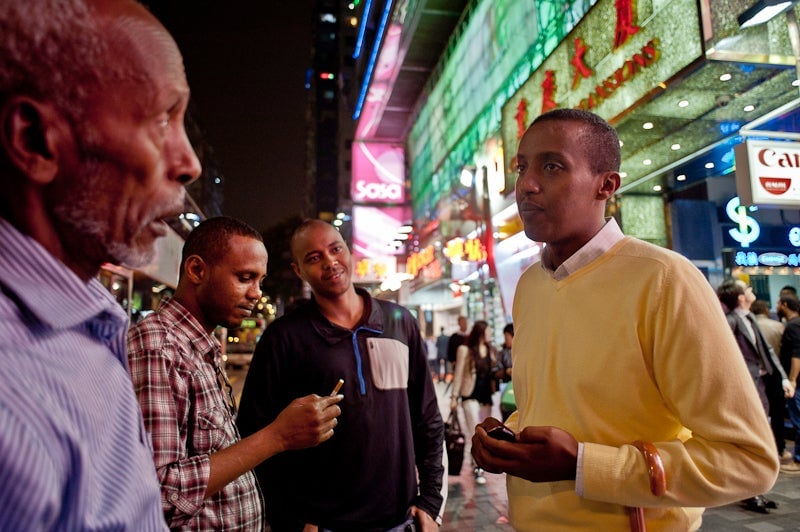Photos: Hong Kong’s counterfeit mobile hub loses ground to cheap phones on the mainland
Hong Kong’s Chungking Mansions is a jarringly down-market building on some of the world’s most expensive real estate. The 17-story building, in the ritzy Tsim Sha Tsui neighborhood, is home to some of the city’s best South Asian restaurants, several $20-a-night guesthouses, and a mall that at one point, sold a fifth of all the cell phones that ended up in sub-Saharan Africa.

Hong Kong’s Chungking Mansions is a jarringly down-market building on some of the world’s most expensive real estate. The 17-story building, in the ritzy Tsim Sha Tsui neighborhood, is home to some of the city’s best South Asian restaurants, several $20-a-night guesthouses, and a mall that at one point, sold a fifth of all the cell phones that ended up in sub-Saharan Africa.
Between 2006 and 2010, African wholesale traders bought around 10 million handsets in from Chungking Mansions every year, according to Gordon Matthews, author of the definitive account of life in the building, Ghetto at the Center of the World. (Smaller traders cram the phones into suitcases for the flight home, and larger wholesalers ship them to Africa.) The South Asian and Chinese-owned stores offer everything from the cheapest Nokias and Pakistani-made mobiles to tablets and Samsung Touch models, brand new to used to completely fake. A real Samsung Galaxy S1 sells for around $142, while a Chinese-made counterfeit sells for around half that price.
Stores initially attracted traders by offering cell phones cheap enough for some of Africa’s poorest consumers, an advantage rapidly diminishing. “Now African customers are demanding high-end models because people want to buy them,” said Pakistani trader Rizwan Buff, who’s been selling phones in Chungking Mansions for over a decade. “Before, Africans were buying phones for HK$60 (US$7), now they’re paying HK$500 (US$64).” Buff said business started to slow in 2012 as more African traders chose to go straight to China. At the same time, manufacturers like Samsung and Huawei started selling in Africa, undercutting wholesalers. “In five years, maybe I am still here, maybe I’m not,” said Buff.

